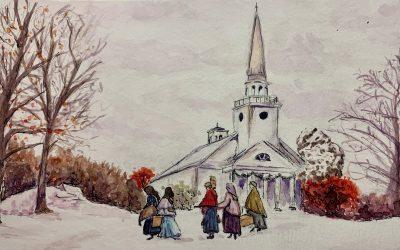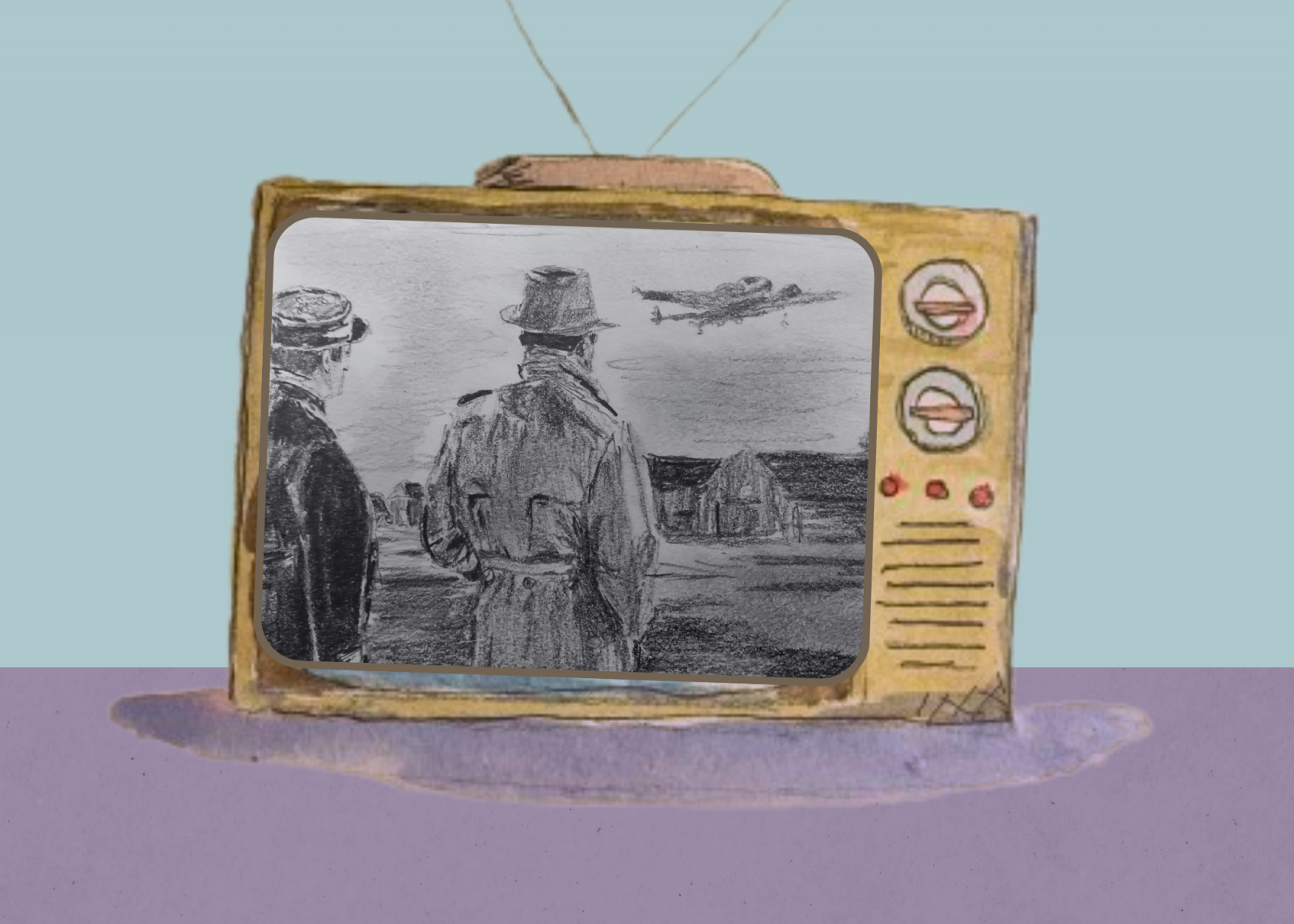“I have nothing to give you Jo … my hands are empty.” Friedrich exclaims.
“They’re not empty!” Jo responds, and they passionately kiss under the umbrella.

These are the famous lines where Jo and Friedrich get together in Greta Gerwig’s adaptation of “Little Women” that made so many of us swoon in our movie theater seats. But unlike in the previous versions, dating back to the original book by Louisa May Alcott, Gerwig gives us a little mystery surrounding the moment: is it real, or is it fiction?
Gerwig’s reasoning for this twist is to “give her [Alcott] an ending she might have liked.” As Alcott was never married in real life, she married off the character based on her. Back in 1868, when Alcott wrote the book, there was an expectation that heroines have to be married.
However, ever since the movie was released, there has been constant debate as to whether Jo March ends up marrying the older Professor Friedrich Bhaer (like she does in the book and the 1994 movie adaptation,) or if she remained single.
I have watched this movie more times than I can count since it was released a little more than three years ago.I’ve not only heard people argue about the finale but have also engaged in the dispute myself.
The difficult part of this debate for me was my incessant desire for Jo and Friedrich to end up together, in spite of the reality of what would come. I believe they are not only a perfect fit, but that Friedrich is the kind of man Alcott would have actually married in her life if she had met him. .
The irony here is that, when I was watching the movie last and I was preparing myself to absorb the chemistry of the two lovers — Jo and Friedrich — I finally welcomed the thought of them not ending up together in this adaptation of “Little Women.”
Let me take you back to the end of the movie: Friedrich and family all share a meal together when a shocking announcement is delivered out of nowhere: Friedrich is moving out west to pursue a job.
Friedrich seems to leave it up to Jo over whether or not she should join him on this endeavor — though she seems timid to accept. Although she holds out in the moment, she is eventually whisked away, with the help of her family, on a great chase after Friederich.
This is where the lines between fact and fiction get blurry.
There are some that would argue that Jo and Friedrich do not end up together, because Mr. Dashwood — Jo’s publisher — insists that the heroine of the story Jo’s writing, representing Jo herself, must be married. Despite Jo’s opposition to have her character settled, she reluctantly accepts her editor’s suggestions to get her story published.
Others liken to the fact that Jo is said to be like Alcott in real life, and thus she only married off her heroin while remaining single herself in real life.
I would say, however, the best insight about the ending lies in the schoolhouse scene at the very end.
Earlier in the film, Jo decides to turn her Aunt March’s house into a schoolhouse — so we know this event occurred in the movie. When we see the schoolhouse open in the future, with Friedrich present alongside the three March sisters, their mother and all of their respective husbands with them — it produces a more subtle, yet intricate foreshadow of how Jo’s story may actually end.
While maybe Jo and Friedrich did not get together in the traditional rom-com way portrayed in the movie as potential fiction — they still did end up together in my eyes. The movie is absolutely incredible no matter how one views the ending.
I do believe Greta Gerwig accomplished her mission of creating an ending that Alcott would have liked — especially because Jo is still her same independent, feisty self with a published novel.
In sum, her status is not enhanced by her relationship to a man, but rather her willingness to remain true to her values. In preserving Jo March’s unwavering spirit, an ending that both viewer and author can make amends with is appropriately achieved.

























































































































Kara • Mar 21, 2023 at 11:28 am
Thank you for writing this piece. It brought me great joy this morning.